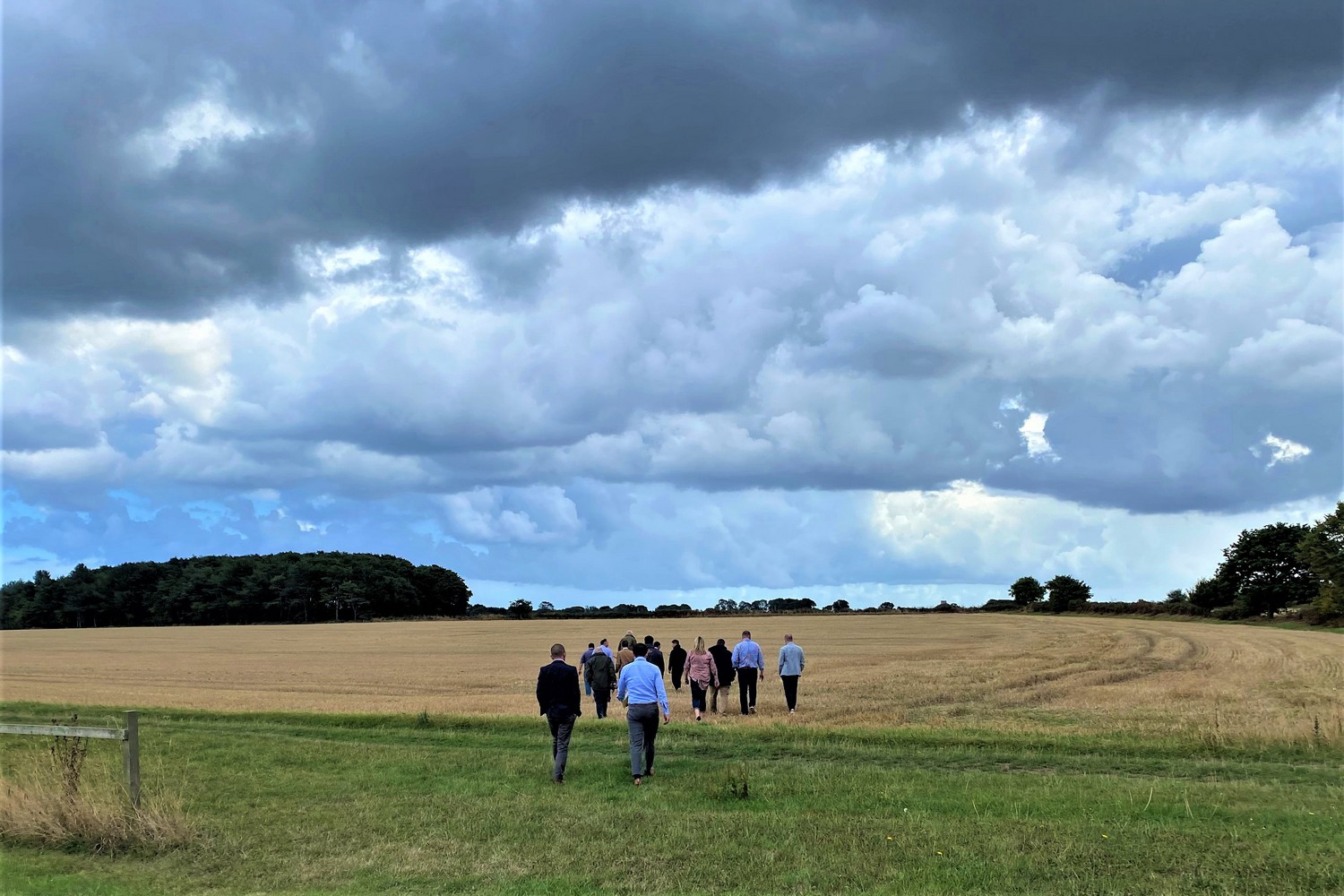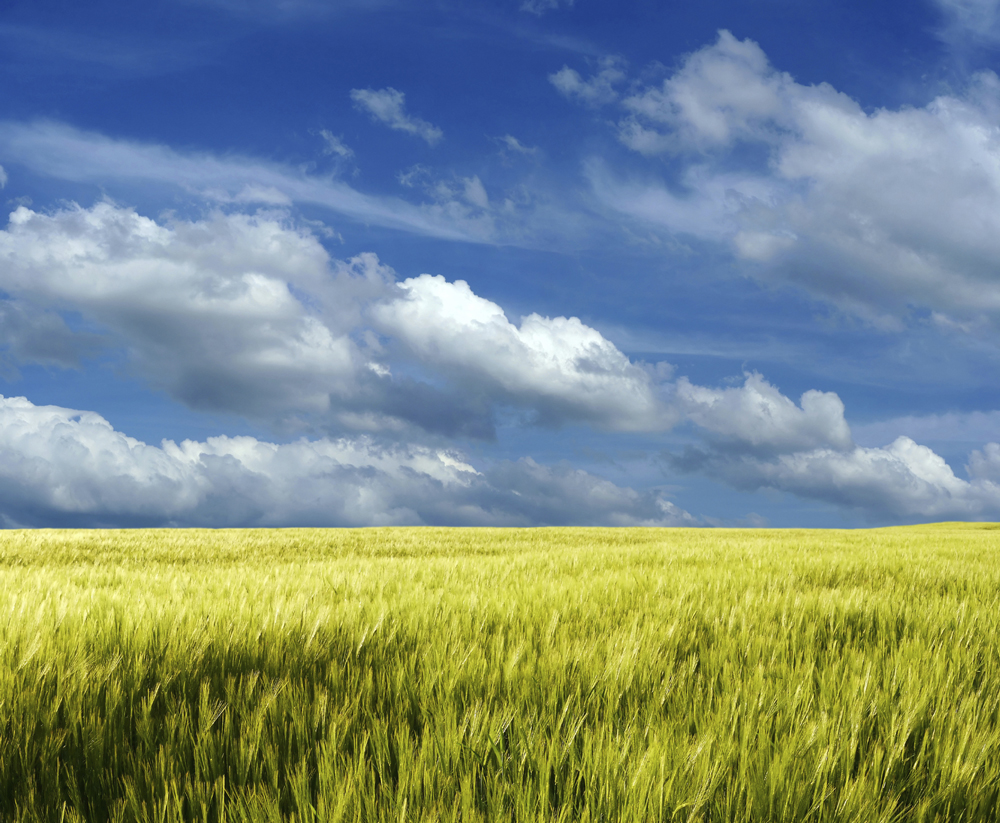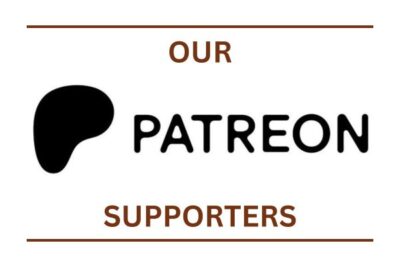The Suntory Group, which has a global portfolio of drinks businesses, has teamed up with maltster Muntons on a major sustainability project.

Representatives from Suntory and Muntons are shown around the Norfolk farm of barley grower Alistair Carghill
Suntory has signed up to an innovative regenerative agriculture trial with Muntons to explore how barley can be grown in a manner reducing greenhouse gas (GHG) emissions and protecting water.
The collaboration also includes a group of Norfolk-based barley farmers, led by Dewing Grain Ltd.
In the first year of this sizeable pilot, which began with the 2022 autumn crop-sowing campaign, 16 farmers are dedicating around 400 acres specifically to the trial, producing more than 1,000 tonnes of barley from spring and winter varieties. This will be made into malt by Muntons and be used in Suntory’s beer and whisky production from 2024.
The project will start by baselining all crop-related emissions, which will inform a nature-based programme of interventions that seek to reduce emissions, enhance soil health, and protect water, while maintaining crop performance and grain quality. The ambition is to produce barley with 50% lower GHG emissions within five years.

A field of Norfolk malting barley
“Muntons sees the importance of taking a practical and holistic view to reducing GHG emissions, and we’re proud to have been the first maltster to develop a carbon calculator to help identify where the biggest impact of reductions can be made,” said Adrian Dyter, head of procurement and technical at Muntons plc.
“Malted barley contributes 39% and 41% to the carbon footprint of beer and whisky respectively. So, the success of this trial could pave the way for reducing the overall value chain of production by 20% in a single leap.
“We have invested heavily in reducing scope 1 and 2 emissions and water conservation, and have decarbonised our maltings by 83% since 2007. We are now looking to scope 3 and collaborations with forward-leaning farmers and drinks producers to help achieve ambitious net-zero goal of 2030 and vision to make a real difference.”


